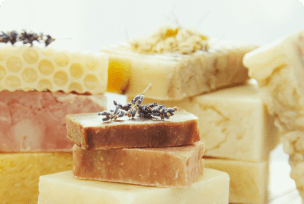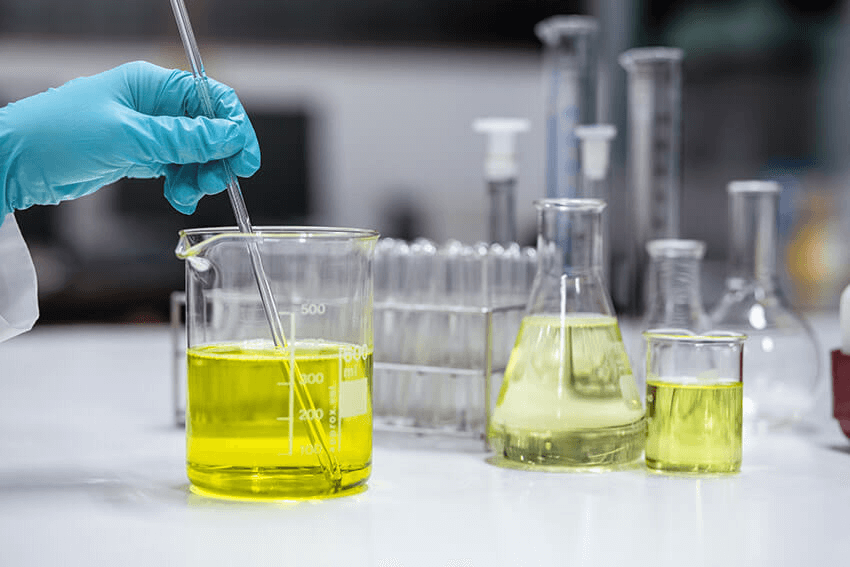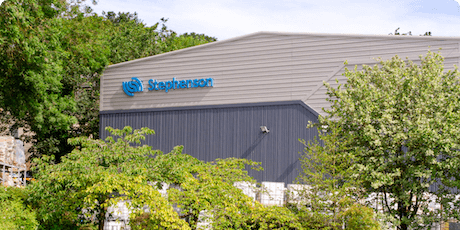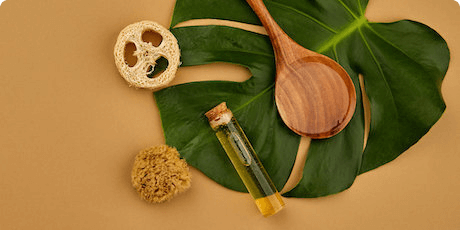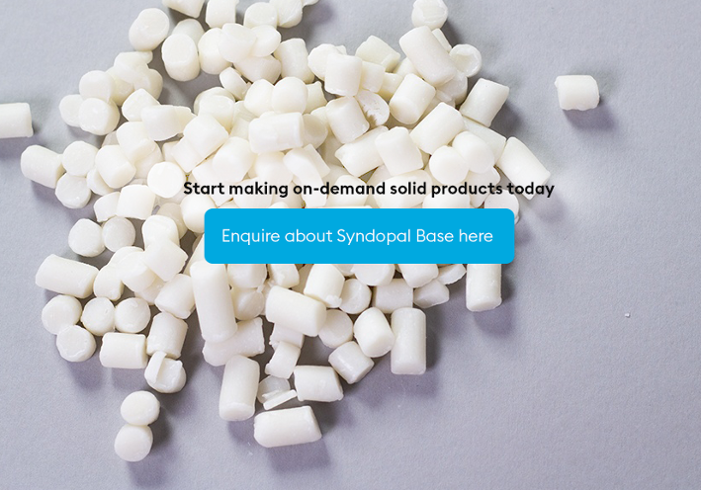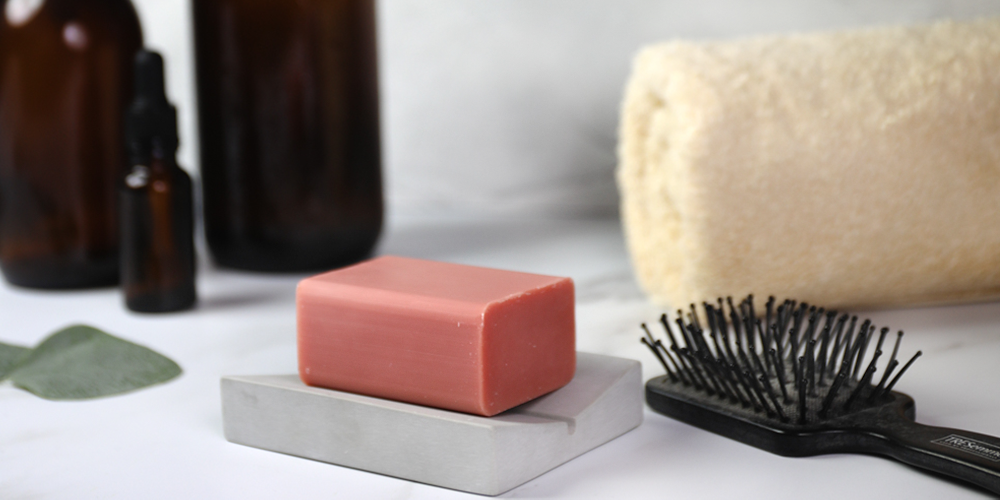
Solid growth in eco-friendly haircare products
North American and European brands are showing the most interest in disruptive eco-friendly and sustainable concepts, whilst consumers’ interest in this area is growing worldwide. The APAC region still needs to catch up, but there are opportunities for more new product development with consumers ready to pay more for ethical products with strong environmental credentials.
According to Mordor Intelligence, the global haircare market is expected to reach an estimated value of $116.33bn by 2024, growing at a CAGR of 3.35% between now and then. The American market is expected to be the largest market during this period with China predicted to remain the largest haircare market in APAC throughout this timeframe.
For the Western European market, market predictions point to an increase in demand for organic hair care, mirroring the growing global focus on natural ingredients, as well as sustainable waterless formats. Many brands have been busy increasing their efforts to reduce the environmental impact of the products they make and sell around the world. Eco and natural claims are increasing in new product launches as well. According to Mintel, 34-62% of soap, bath and shower launches in Europe in 2018 had a natural (62%) or eco (34%) claim.
Solid body and shampoo bar formats present future opportunities for new product development. In fact, in France, Germany, Italy and Spain, 50-54% of beauty and personal care product buyers have not used but shown interest in packaging-free products, and 31-42% in solid products, according to Mintel.
Solid bar benefits
- MORE ENVIRONMENTAL BENEFITS: Besides environmental benefits associated with packaging, solid shampoo bars are a huge step in the right direction for the environment as unlike liquid shampoos and conditioners, solid bars need less water in the manufacturing stage as they are a concentrated product. This is all the more startling when you consider the fact that some shampoos are up to 80% water, while conditioners can consist of up to 95% water. This is also another huge benefit of using shampoo bars for the environment. This taps in nicely with water-saving trends mentioned in Mintel trends for 2025.
- TRANSPORTABILITY: Similarly, solid bars are easier to transport than liquid shampoos as they are lightweight and solid in shape. For travellers, there is the added benefit of not having to decant them into tiny plastic bottles to get through airport security or to get messy in their luggage either.
- MORE VALUE FOR MONEY: from internal research we encountered that solid shampoo bars tend to last longer (mostly 2 or 3 times longer lasting than liquid counterparts) too, offering better value for money to consumers and making them more affordable in the long run. Also it is multipurpose and not only specific for hair, as it can be used for face and body cleansing too. So longer lasting 2-in-1 or 3-in-1 application.
- FOR SENSITIVE SKIN & SCALP CARE: Solid bars can be customisable with different ingredients through production to formulate multipurpose applications for solid shampoo bar and face cleansers, body bar and other applications. Also, using solid bases with mild ph levels like syndet, can address sensitive skin & provide gentle scalp care solutions.
Syndet bases, like Syndopal from Stephenson are perfect for developing packaging-free product applications like solid shampoo bars and conditioners, beauty bars and solid facial cleansers that require no packaging and appeal to future consumers.
 Image Credit: Tai Jyun Chang
Image Credit: Tai Jyun Chang
How to address haircare trends for 2021
In the arena of health and beauty, hair care is a major offender in sustainability terms. According to research by the University of Southampton in the UK, it argues that the hair-washing process produces the largest carbon footprint in comparison with other daily beauty and cosmetic-type routines, such as skincare and make-up.
Mintel’s report in haircare trends, highlights expected growth in convenience-focused new product development. In the UK, usage of convenient formats/formulas such as 2-in-1 shampoos/conditioners are rising particularly among female consumers.
For male consumers, convenience is especially important with 70-79% in France, Germany, Italy and Spain believing it is important that haircare brands are easy to use. Similarly, there is a demand for male grooming products addressing sensitive skin, multipurpose and offering convenience. For more read our blog on male grooming trends here.
At a brand level, this trend is driving eco-friendly, natural/ethical, vegan and sustainable new product developments. More innovation is expected, aligning with the Mintel BPC 2025 Trend Water - the new luxury.
To add, 2019 has seen a quadruple increase in new product launches in solid shampoo, with brands like Ethique, Foamie, EarthKind and others launching multiple products with these claims and focused on detangling, appealing for different hair types, non-drying and gentle benefits, etc. 2020 was a heroic year for solid shampoo launches, it had 3x greater growth compared to 2019! It saw a mass market opportunity with Garnier launching a range of bars in Europe.
Eco-friendliness may not currently be a top haircare purchase driver, but this is predicted to change in the coming years given the focus on sustainability, media coverage and attitudes towards plastic waste.
A 2019 Lightspeed/Mintel survey of US and Brazilian consumers revealed some interesting findings of the connection between eco-friendliness and haircare:
- PURCHASING ECO HAIRCARE PRODUCTS: 10% of US haircare product users usually buy eco-friendly haircare products
- WATER SAVING: 19% of Brazilians use less water when preparing to go out (eg shorter showers, washing hair less frequently)
 Multipurpose solid bars present further opportunities
Multipurpose solid bars present further opportunities
The Cape Town water crisis in early 2018 inspired Procter & Gamble to formulate a waterless haircare range without the need for any water, sold exclusively in South Africa. Products are now being formulated to not only keep hair cleaner for longer but also to be used to form the basis for advanced ‘dry styling’ routines. Multifunctional or multipurpose products are increasing in popularity and as they continue to help speed up and simplify lengthy beauty regimes, demand for products with this capability will lead to an upturn in demand.
Also, multipurpose products are just one way to appeal to customers, especially those that need solutions for the post-workout products or travelling applications with products such as 2-in-1 body bars, deodorising sports bars, solid shampoo and body bars etc.
For more product inspiration with shampoo, body and shaving bars review our formulations guide.
 Enhancing bars for customers
Enhancing bars for customers
Mintel’s Total Wellbeing Trend, also shows that consumers are looking for more solutions and products to improve their general wellbeing from living healthier lifestyles to decreasing wellness and stress levels. All soap, bath and shower segments can tap into this trend by stress relieving, calming and fun product concepts.
The media spotlight on health/wellness can spur soap, bath and shower products to more boldly emphasise sensory colours/textures, feel-good messaging and co-branding to help people holistically feel better.
There is also an opportunity for growth in blurring the lines between hair colouring and cleansing all under a shampoo bar.
Syndet bases are milder than most of other soaps, due to them being ph neutral, thus producing very good multipurpose applications for solid shampoo bar and face cleansers, body bar and other applications.
For more trends, download our Solid trends guide below.
 Solid bars can address sensitive skin and scalp concerns
Solid bars can address sensitive skin and scalp concerns
For brands aiming to formulate for consumers with sensitive skin, there is a gap for more products as consumer interest is there and new product development is limited.
According to Euromonitor International, this trend is an increasing concern globally, but mostly growing in Europe and Middle East regions, with high interest in the APAC region. In fact, 35% of buyers of soap, bath and shower products in China are willing to pay more for clean beauty products free from certain ingredients (eg soap, alcohol and ‘free from’ formulas) but also products addressing sensitive skin.
This is just another feature, as syndet bar formulations are perfectly addressing this demand for this niche market with mild product formulations and ph neutral features. Syndet bases, like Syndopal provides an advantage for creating solid shampoo and body bars, beauty bars etc. as it doesn’t require specialist equipment.
Stephenson - Syndopal base for shampoo bars and body bars
Now is the perfect time for brands in the personal care market to explore with eco packaging or packaging-free applications by using, soap-free base Syndopal 300-MB. It offers product opportunities that aligns with consumer trends for ultra mild scalp and haircare applications. Its sustainably sourced, low water and biodegradable formulation also benefits from 100% soap-free, ph neutrality, high foaming, and non-irritant claims. Syndopal base is also safe to use around the eyes, on children and lasts 2.5x longer than liquid shampoo alternatives.
This means that manufacturers are able to capitalise on these growing markets - solid shampoo bars, body bars and even 3-in-1 products with conditioning properties. Also, improved processability in Syndopal offers production enhancements, efficiency and product stability.
Enquire now to discuss your project with us.
"We realised this was a real challenge for many of our customers who wanted to expand their range and create soap free products but couldn’t due to how difficult it was to process and manufacture syndet. We knew that if we could develop a base that was more like traditional extruded soap noodles, we could help our customers access and open up new markets, add value and offer their own customers something different through product diversification. - Jamie Bentley, CEO at Stephenson"












